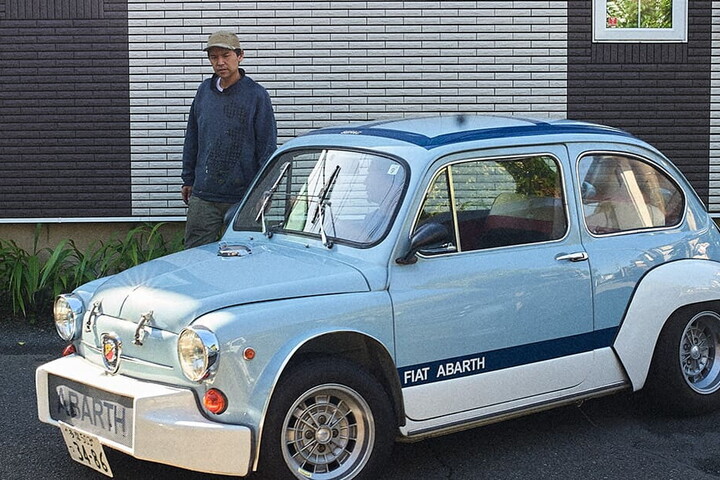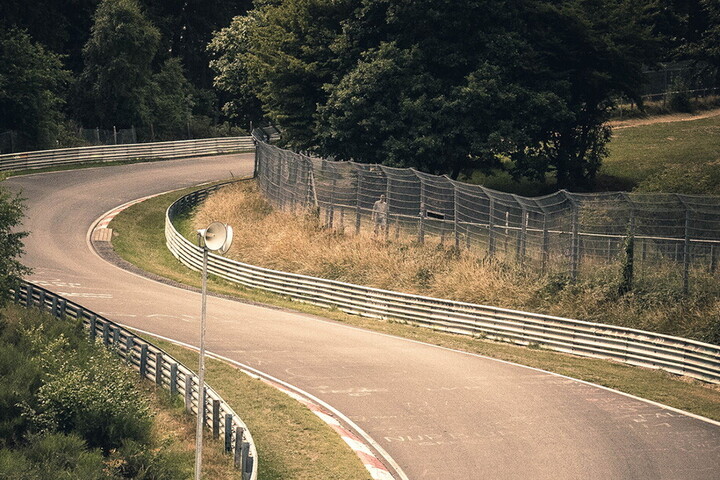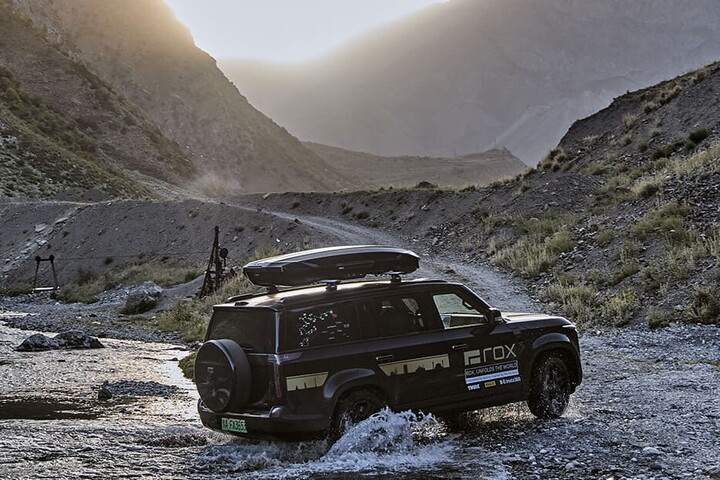The ribbon of shimmering asphalt curved between the mountains of the Peloponnese and the azure Aegean, which glittered in the late afternoon sun. The engine of the Audi A3 growled – a satisfying, syrupy growl – as I pressed the accelerator. As the car started to shift, I realised in a moment of clarity that I was very, very happy.

Driving can do that. Suspend time and create a delightful sense of wellbeing. Pink Floyd's Wish You Were Here embellished the mood as I cruised with the family through the Greek countryside: groves of ancient olive trees, ramshackle tavernas, orange orchards, men on scooters and stalls selling jars of golden honey. Hermes, Greek god of speed, may have had winged sandals, but we had Pirellis. In the land of the gods, we were free...
Then a sharp peeping noise broke the spell. A red light flashed on the dashboard. “What's that?” my wife asked anxiously. I stared at the glowering light and frowned. It was not an oil warning light. The temperature gauge was bang on perfect. The engine was happy, according to Audi's engine management system. I blinked. Slow down... the display's read-out demanded ...exceeding speed limit.
Big Brother in the fast lane
I felt like a naughty schoolboy. But who was the master? I allowed the car to slow and the noise stopped. I couldn't work out why the warning had ruined my mood. Then I had my eureka moment. Although the noise was generated by Audi software rather than a black box of tricks sending data to my insurance company, I'd just been given a worrying insight into the future of driving. New technology, I realised, could spoil the fun.
The rise of Big Data, GPS and telematics, for example, will inevitably mean that a driver's technique and behaviour can be scrutinised from the instant they get behind the wheel. And secondly, new levels of connectivity and automation will mean that many drivers – perhaps all, one day – won't have to drive at all.
Technology will make driving quicker, easier, safer, more relaxing, cheaper and more environmentally friendly. Traffic jams will melt away. Cyclists will flourish. You'll be able to watch the latest box set – or Top Gear for that matter – on a long motorway journey. Forgotten the way home? Can't parallel park? Then simply push the button. Voilà. But where's the skill in that?

A skilled pursuit
What if you simply love driving? For many of us, driving is a passion; it is certainly not a drab chore that enables us to get from A to B. Like riding a beautiful mechanical horse, driving is a symphonic blend of physics, sport and art. Controlling immense physical forces demands deft skill. Touch and timing are essential. The sensuous delight of moving up through the gears while coordinating gear-stick, clutch and steering wheel is unique.
It's also about freedom. Sometimes you want to accelerate just fast enough to hear the engine deliver its horse-power or brake hard because you can – those premium tyres, a product of cutting-edge nano-technology, just love a challenge. But imagine if all those intuitive driver moments were measured, collated, interpreted, processed and used to set your insurance premiums. Or to add penalty points to your licence...
Fortunately, for the moment at least, you can choose to retain your freedom. “Pretty much every vehicle these days is capturing data, but you choose whether to share it,” explains David Williams, AXA Insurance's technical director. “It's really a question of whether you feel comfortable with that; in the book 1984 people didn't have the choice, so it's a bit different from the Orwellian nightmare!”
Automated humans
But for those who love driving, the prospect of the supremely-connected, sensor-filled Google or Apple car is something of a nightmare. Yes, there will be fewer accidents. Their satnavs will make every journey an efficient one. But I like reading road maps, choosing routes, and I even kind of like getting lost. It's real. It's part of being alive, of being a driver.
That's why the Audi A3 is parked in the shade of a huge olive tree and my finger is placed on the unfolded map. “Did we miss the turn to Nafplio?” I ask my wife.
“I'm not sure,” she says. We both stare wistfully at the map. “Yes,” our son advises eventually, looking at the simplified version of the world called Google Maps on his iPhone6. “Turn around. Second turning on the right. About two kilometres. Then turn first right towards Argos. The villa is 47 minutes away.”
So are adventures in map reading and old-style driving pleasures just relics of a bygone generation? Or are they the stuff of life that sets you free on the planet? No doubt the driverless car, which is so well designed for our connected, machine-based age, will be welcomed by the next generation. It will be considered progress. But, frankly, who needs progress? Revving the engine of the Audi, releasing the clutch and accelerating smoothly along the isolated country road and, with a more vigilant eye on the speedo, the smile was soon back on my face.




